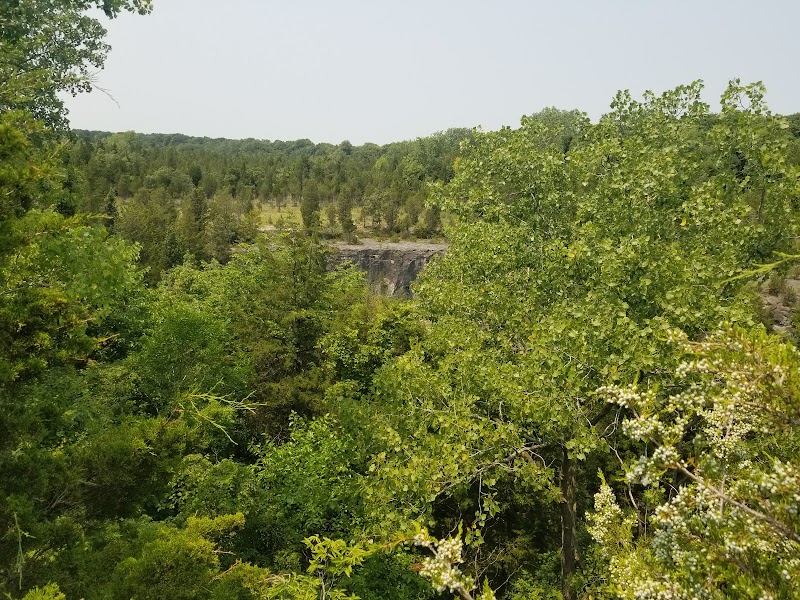
Experience the Owa Obokun Annual Festival, a dynamic cultural celebration pulsating through Ilesha, Osun State. This event blends rich Yoruba traditions with lively festivities, offering travelers a firsthand immersion into history, community, and ritual spectacle.
Wear Comfortable, Durable Footwear
The festival routes often traverse uneven earth and paving stones around the palace and town center. Supportive shoes with good grip will keep you steady through long hours of exploration.
Stay Hydrated During Daytime Activities
The equatorial sun is strong especially between 10 am and 4 pm. Carry water or enjoy traditional cool drinks like zobo and kunu sold by local vendors to stay refreshed.
Arrive Early to Secure a Good Viewing Spot
Key ceremonies at the royal palace and main performance areas fill up quickly. Arriving early gives a better vantage point and chance to interact with locals before the crowds.
Respect Local Customs and Dress Code
The festival involves sacred royal rites and traditional dress expectations. Modest attire and attentive behavior ensure a respectful and immersive experience.
Owa Obokun Annual Festival: A Vibrant Journey into Ilesha’s Heartbeat
The Owa Obokun Annual Festival in Ilesha, Osun State, offers more than just a celebration—it is a vibrant voyage into the cultural soul of the Yoruba people. Held every year in this historic town, the festival brings together traditional drumming, colorful masquerades, and spirited ritual performances. The air is thick with the rhythmic pulse of dundun drums and the rich scents of akara and gbegiri wafting from nearby stalls, calling visitors to a unique sensory adventure.
The festival unfolds over several days, merging history with community life. Central to the festivities is the Owa Obokun royal palace, where the Owa (king) performs ancient rites that honor both ancestors and the land. The ceremonial dance grounds, encircled by tall iroko trees that seem to watch the proceedings with patient wisdom, hold the energy of generations past and present.
This event is more than spectacle—it's an immersive cultural experience demanding practical forethought. From a planning standpoint, visitors should know that the festival typically takes place during the dry season from November to early December, ensuring easier movement over compacted earth paths and through bustling town markets filled with vibrant textiles and carvings.
Navigating Ilesha’s compact town center on foot is the best way to absorb local life amidst festival excitement. Expect mostly flat terrain within town, but be ready for some gradual, uneven patches near the palace grounds. Comfortable, sturdy footwear is vital. Hydration is crucial: vendors sell chilled zobo and kunu to help visitors withstand the West African sun, which can press insistently throughout midday.
The Owa Obokun Festival extends an invitation to both casual cultural tourists and seasoned travelers who appreciate living traditions in real-time. It is a journey into a community fiercely rooted in history yet vibrantly alive. Every drumbeat dares you to move, every mask’s stare commands respect, and the dance steps push the night forward through sacred rhythms.
If you plan your visit well, you'll leave enriched: with stories etched in memory and a deeper understanding of Ilesha’s unwavering spirit. Take a moment at the shrine where the river flows close by—the waters seem to murmur ancient prayers, reminding visitors that here culture and nature converse, not as conquered forces, but as enduring allies.
Nearby Trips
All Adventures
Boat Charters
Water Activities
Adventures near Ilesha, Osun State
Discover the unique and memorable adventures that make Ilesha, Osun State special.
Frequently Asked Questions
When exactly is the Owa Obokun Festival held?
The festival typically occurs annually in November, lasting about three to five days, coinciding with the dry season to facilitate outdoor events and massive local participation.
Is the festival family-friendly?
Yes, the Owa Obokun Festival is suitable for families. While the event features ritualistic and cultural performances, it welcomes participants of all ages with vibrant displays accessible to casual observers.
Are there any unique local foods to try during the festival?
Visitors should try akara (deep-fried bean cakes) and gbegiri (bean soup), staples commonly sold by local vendors. Cooling drinks like zobo (hibiscus tea) and kunu (millet-based beverage) are also festival highlights.
How can I reach Ilesha for the festival?
Ilesha is accessible by road from major cities like Lagos or Ibadan. The closest airport is in Akure, roughly 85 km away, followed by a local taxi or bus ride. During festival periods, transportation becomes busier, so planning ahead is advisable.
Are photography and video recording allowed during the festival?
Photography is generally welcomed but discretion is necessary during sacred rites and in the palace areas. Always ask permission before photographing people, especially masquerades and royalty.
What local wildlife might visitors notice during the festival period?
Though mostly an urban event, visitors can catch glimpses of ibis and various songbirds in the town’s green spaces. Close to Ilesha, forested areas harbor monkeys and reptiles if you venture out before or after festival activities.
Recommended Gear
Sturdy Walking Shoes
Supports extended walking on mixed surfaces and uneven grounds common during festival events.
Lightweight Water Bottle
Essential for maintaining hydration under the warm West African sun.
Sun Hat or Cap
Offers protection from midday sun, reducing heat exposure during outdoor ceremonies.
Modest Clothing
Required out of respect for cultural norms, especially during royal and sacred rituals.
Local Insights
Hidden Gems
- "The panoramic terrace near the palace offers unexpected views over the town’s lush canopy and surrounding plateau."
- "A small sacred grove east of the main festival grounds where traditional priests meditate and perform lesser-known rites."
Wildlife
- "African Grey Parrot"
- "Forest Monkeys"
- "Local Songbirds"
History
"Ilesha is historically significant as a major Yoruba kingdom, with the Owa Obokun dynasty tracing back centuries. The festival is both a royal affirmation and a communal gathering that keeps ancestral legacies alive."
